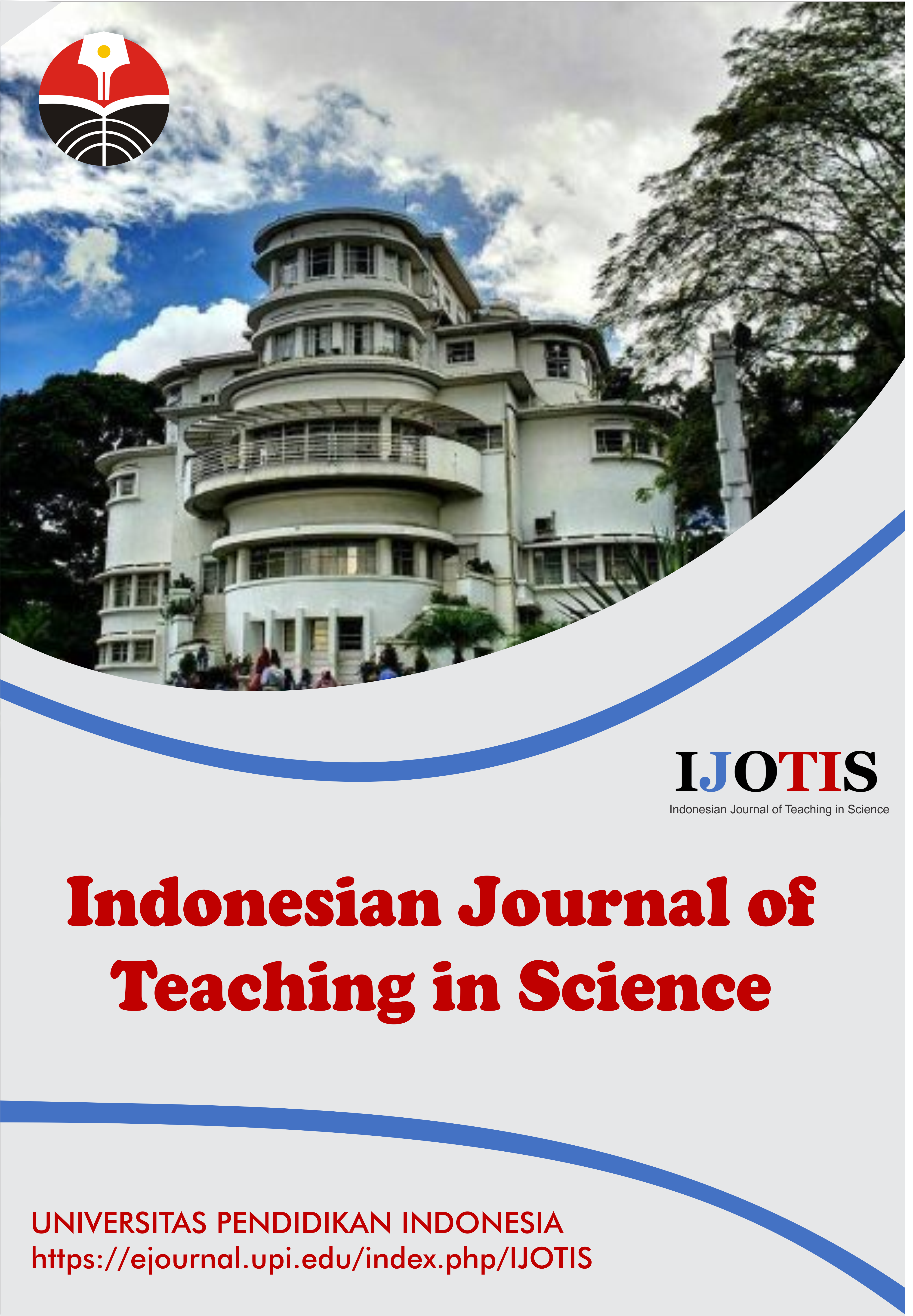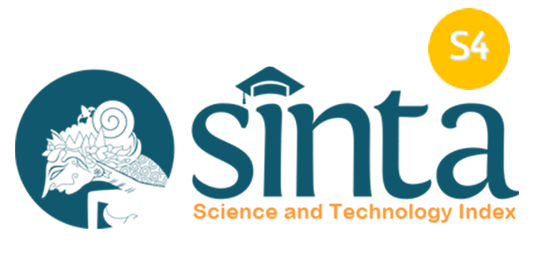Unveiling the Formation of Political Identities of the Filipino Youth in Tacurong City, The Philippines
Abstract
The purpose of this study was to investigate the Filipino youth’s participation in politics regarding how their political identities were formed. The novelties in this study are (1) political identities of the Filipino youth, and (2) factors affecting the political identity formation of the Filipino youth. A qualitative case study approach was used to analyze the different statements of the Filipino youth towards the factors that made them be involved in politics, their political identities, and their political identity. Six Filipino youths residing in Tacurong City participants were purposively chosen and interviewed via Google Meet due to COVID-19 restrictions. As revealed by the data gathered, issues in the society, the availability of information to the public, their relationship circle, and their respective school’s Influence was found to play an essential role in making the Filipino youth participate in politics. The same factors such as the issues in the society, availability of information to the public, relationship circle, and the influence of school were also responsible for the formation of their current political identity. It is concluded that the Filipino youth’s political participation and identity were the results of the significant influence of the society. This study has a major impact in contributing to the knowledge on how the youth behave and why they have different perspectives and preferences of sides specifically in politics.
Keywords
Full Text:
PDFReferences
Anyon, Y., Bender, K., Kennedy, H., and Dechants, J. (2018). A systematic review of youth participatory action research (YPAR) in the United States: Methodologies, youth outcomes, and future directions. Health Education and Behavior, 45(6), 865-878.
Banks, M. H., and Roker, D. (1994). The political socialization of youth: Exploring the influence of school experience. Journal of Adolescence, 17(1), 3-15.
Baskarada, S. (2014). Qualitative case study guidelines. Baškarada, S.(2014). Qualitative case studies guidelines. The Qualitative Report, 19(40), 1-25.
Cabrera, N. L., Matias, C. E., and Montoya, R. (2017). Activism or slacktivism? The potential and pitfalls of social media in contemporary student activism. Journal of Diversity in Higher Education, 10(4), 400.
Elliott, T., and Earl, J. (2018). Organizing the next generation: Youth engagement with activism inside and outside of organizations. Social Media+ Society, 4(1), 1-14.
Farthing, R. (2010). The politics of youthful antipolitics: Representing the ‘issue’of youth participation in politics. Journal of Youth Studies, 13(2), 181-195.
Gökçe-Kızılkaya, S., and Onursal-Beşgül, Ö. (2017). Youth participation in local politics: City councils and youth assemblies in Turkey. Southeast European and Black Sea Studies, 17(1), 97-112.
Holt, K., Shehata, A., Strömbäck, J., and Ljungberg, E. (2013). Age and the effects of news media attention and social media use on political interest and participation: Do social media function as leveller?. European Journal of Communication, 28(1), 19-34.
Jennings, M. K., Stoker, L., and Bowers, J. (2009). Politics across generations: Family transmission reexamined. The Journal of Politics, 71(3), 782-799.
Kahne, J., Crow, D., and Lee, N. J. (2013). Different pedagogy, different politics: High school learning opportunities and youth political engagement. Political Psychology, 34(3), 419-441.
Lorch, J. (2021). Elite capture, civil society and democratic backsliding in Bangladesh, Thailand and the Philippines. Democratization, 28(1), 81-102.
Meléndez, C., and Rovira Kaltwasser, C. (2019). Political identities: The missing link in the study of populism. Party Politics, 25(4), 520-533.
Pelevin, S., Taubaev, B., Tileubergenov, Y., and Vasiliev, A. (2018). The participation of youth of western countries in political life of the society the youth in the political life of the society. Journal of Advanced Research in Law and Economics, 9, 761.
Saud, M., Ida, R., and Mashud, M. I. (2020). Democratic practices and youth in political participation: a doctoral study. International Journal of Adolescence and Youth, 25(1), 800-808.
Sprague Martinez, L., Richards-Schuster, K., Teixeira, S., and Augsberger, A. (2018). The power of prevention and youth voice: A strategy for social work to ensure youths’ healthy development. Social Work, 63(2), 135-143.
Tamanna, M. (2018). The Political Perception of Youth: Where Are We Heading To?. Jurnal Akta, 5(3), 743-750.
Vallejo Jr, B. M., and Ong, R. A. C. (2020). Policy responses and government science advice for the COVID 19 pandemic in the Philippines: January to April 2020. Progress in Disaster Science, 7, 100115.
Van Dijk, T. A. (2006). Ideology and discourse analysis. Journal of political ideologies, 11(2), 115-140.
DOI: https://doi.org/10.17509/ijotis.v1i1.33567
Refbacks
- There are currently no refbacks.
Copyright (c) 2021 Universitas Pendidikan Indonesia

This work is licensed under a Creative Commons Attribution-ShareAlike 4.0 International License.
Indonesian Journal of Teaching in Science (IJoTIS) is published by Universitas Pendidikan Indonesia (UPI)
 Indonesian Journal of Teaching in Science
Indonesian Journal of Teaching in Science



